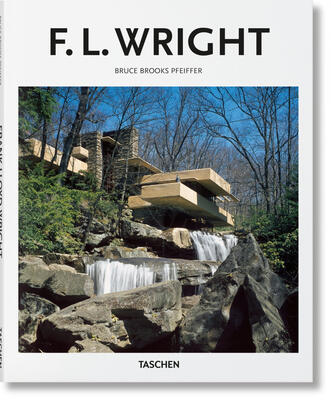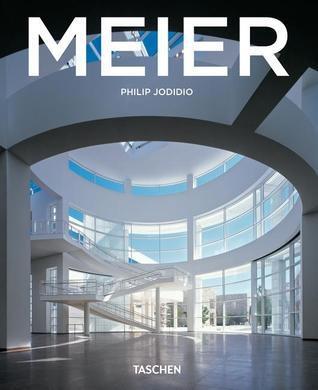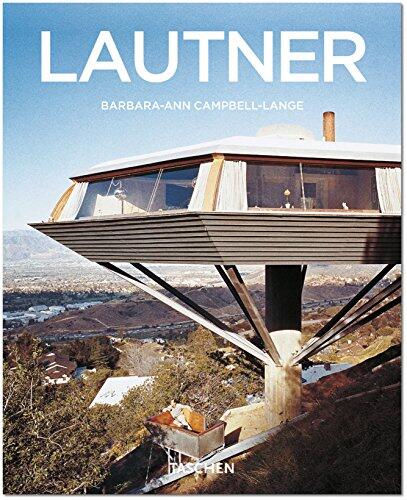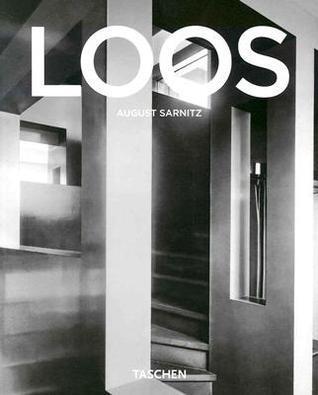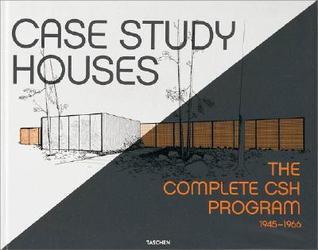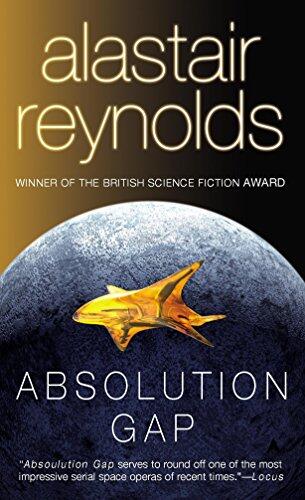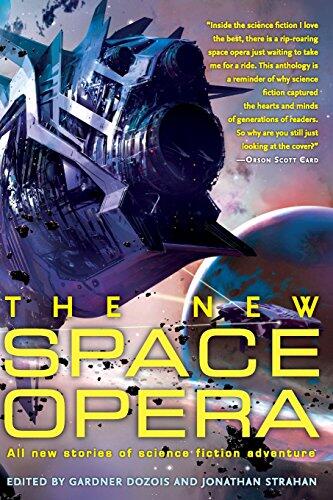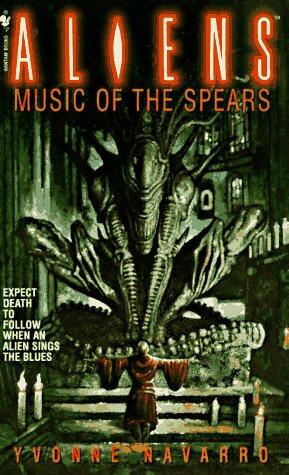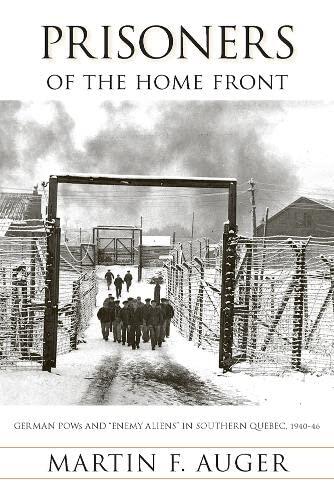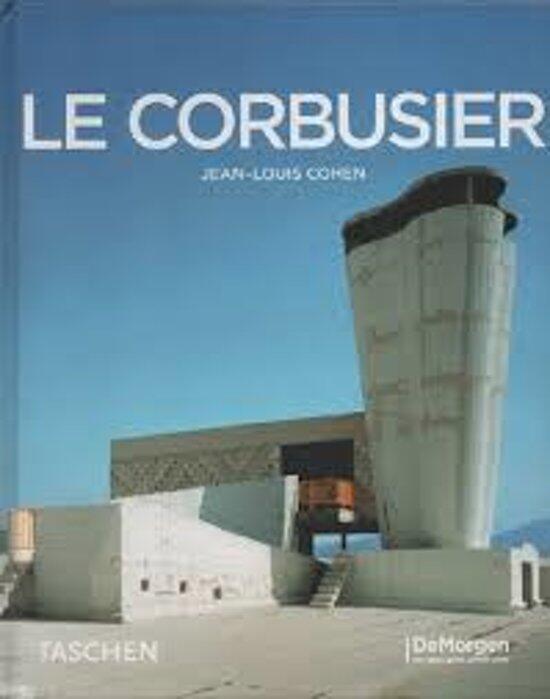
Le Corbusier, 1887-1965: Lyrische architectuur in het machinetijdperk
par
Jean-Louis Cohen
Pas encore d'évaluations
Action & Adventure
Religion & Spirituality
Poetry
Format
Relié
Pages
96
Langue
Anglais
Publié
Jan 1, 2007
Éditeur
TASCHEN
ISBN-10
9077686533
ISBN-13
9789077686539
Description
Jean-Louis Cohen delves into the remarkable life and work of Le Corbusier, a visionary architect whose influence reshaped modern architecture. Born Charles-Edouard Jeanneret, Le Corbusier emerged from an era punctuated by rapid industrialization, which significantly impacted his artistic vision. Cohen’s exploration highlights how this Swiss-French architect crafted a unique poetic language through his designs, blending aesthetics with functionality in a time marked by the rise of mechanization.
The narrative intricately details Le Corbusier's architectural philosophy, emphasizing his belief that buildings should harmoniously coexist with their environments while serving the needs of their inhabitants. Through an innovative fusion of form and function, he introduced concepts that paved the way for modernist architecture, earning him a place as a pioneer in the field. His vision extended beyond mere structures; it encompassed a holistic approach to urbanism that sought to elevate everyday living.
Cohen's examination further reveals the varied influences on Le Corbusier’s work, from the natural landscape to the industrial advancements of his time. With a keen focus on the emotional and lyrical aspects of his architecture, readers are invited to appreciate how Le Corbusier's creations transcend their physical forms, ultimately resonating with the spirit of a transformative age.
The narrative intricately details Le Corbusier's architectural philosophy, emphasizing his belief that buildings should harmoniously coexist with their environments while serving the needs of their inhabitants. Through an innovative fusion of form and function, he introduced concepts that paved the way for modernist architecture, earning him a place as a pioneer in the field. His vision extended beyond mere structures; it encompassed a holistic approach to urbanism that sought to elevate everyday living.
Cohen's examination further reveals the varied influences on Le Corbusier’s work, from the natural landscape to the industrial advancements of his time. With a keen focus on the emotional and lyrical aspects of his architecture, readers are invited to appreciate how Le Corbusier's creations transcend their physical forms, ultimately resonating with the spirit of a transformative age.
Avis
Aucun avis pour le moment
Soyez le premier à donner votre avis sur ce livre et partagez vos pensées
Ajouter le premier avisJournal de lecture
Aucun journal de lecture trouvé
Commencez à suivre vos progrès de lecture pour voir les journaux ici
Ajoutez votre premier journal de lectureNotes
Journal des transactions
Aucun journal de transactions trouvé
Commencez à suivre vos transactions de livres pour voir les journaux ici
Ajoutez votre premier journal de transactions